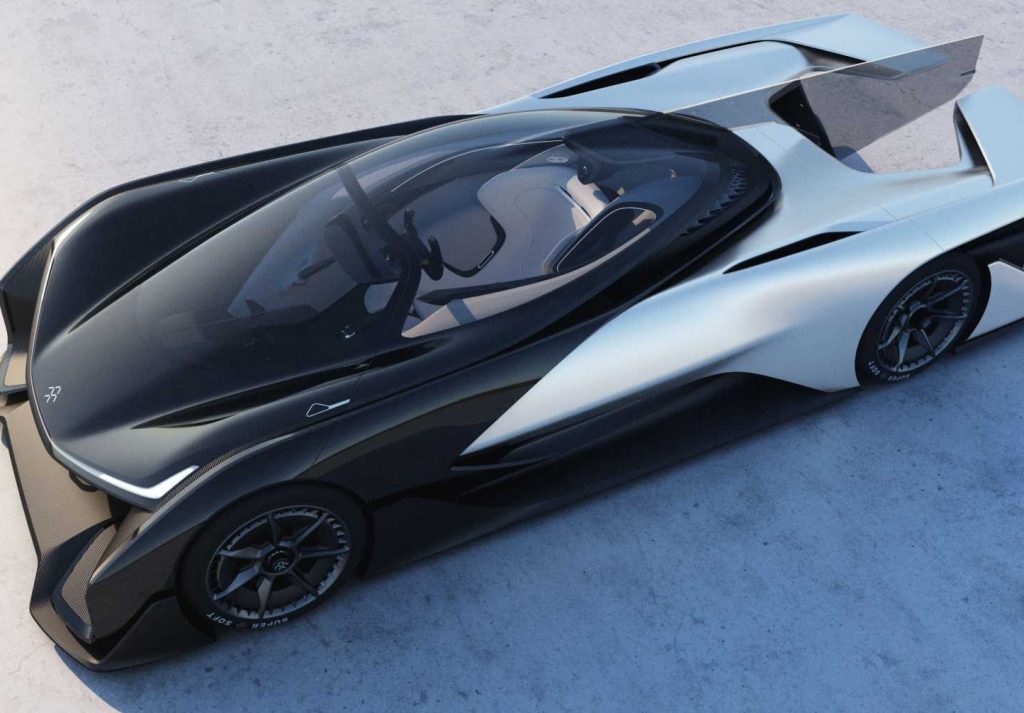How Technology Is Transforming Cars The Future of Smarter, Safer & More Connected Driving
The automobile world is evolving faster than ever. What used to be simple machines designed to take us from point A to point B have now become intelligent, interactive, and incredibly advanced companions on the road. Today’s cars can think, sense, react, learn, and even communicate — all thanks to cutting-edge technology.

From connected dashboards to driver-assist systems, the modern vehicle is a perfect blend of engineering and innovation. Let’s take a closer look at how technology is reshaping the driving experience and what the future of smart mobility looks like.
1. Smart Infotainment Systems: Cars That Keep You Connected
Gone are the days when radios and CD players were the center of car entertainment. Modern infotainment systems now act like smart tablets built into your dashboard.
What’s new in infotainment?
-
Large touchscreens with intuitive menus
-
Apple CarPlay & Android Auto for seamless phone integration
-
Voice assistants that let you control music, navigation, or calls
-
Real-time navigation with traffic, weather, and rerouting suggestions
-
Wi-Fi hotspots that turn your car into a mobile hub
These advancements make driving more personalized, connected, and enjoyable.
2. Advanced Driver-Assistance Systems (ADAS): A Step Towards Autonomy
One of the biggest revolutions in car technology is ADAS. These systems are designed to improve safety and reduce accidents by helping drivers make better decisions on the road.
Popular ADAS features include:
-
Lane Departure Warning & Lane Keep Assist
-
Adaptive Cruise Control
-
Automatic Emergency Braking
-
Blind-Spot Monitoring
-
Traffic Sign Recognition
-
Reverse Parking Assist & 360° Camera
These features not only make driving safer but also reduce human error — the biggest cause of road accidents.
3. Electric & Hybrid Technology: The Shift to Cleaner Mobility
Electric vehicles (EVs) are becoming mainstream, and technology is playing a huge role in making them faster, more efficient, and more accessible.
Key EV technologies shaping the future:
-
High-density long-range batteries
-
Fast-charging systems that power cars in minutes
-
Regenerative braking that converts energy back into the battery
-
Mobile apps to monitor range, charging, and battery health
-
Over-the-air software updates for performance improvements
EVs aren’t just vehicles — they’re fully digital machines built for the future.
4. Digital Dashboards & Smart Cockpits: The Car Interior Reinvented
The inside of a modern car now feels like a small command center. Traditional analog meters are replaced with fully digital driver displays.
What today’s smart cockpits offer:
-
Customizable digital instrument clusters
-
Head-Up Displays (HUDs) projecting information onto the windshield
-
Touch, gesture, and voice-based controls
-
Ambient lighting for mood-based personalization
-
AI-powered driving suggestions
These upgrades make driving more interactive and intuitive.
5. Connectivity & Telematics: Cars That Talk to Each Other
Modern cars are no longer isolated machines — they communicate with apps, cloud servers, and even other vehicles.
Connectivity features making cars smarter:
-
Real-time vehicle tracking
-
Remote lock/unlock & engine start
-
Geo-fencing and route history
-
Predictive maintenance alerts
-
Vehicle-to-Vehicle (V2V) and Vehicle-to-Infrastructure (V2X) communication
Connected cars can warn each other about road conditions, accidents, or traffic — making roads safer for everyone.
6. AI & Machine Learning: Cars That Learn Your Habits
AI is quietly becoming the brain behind many smart car features. It learns your driving style, predicts your preferences, and adapts automatically.
Examples of AI in modern cars:
-
Personalized seat, mirror, and temperature settings
-
Predictive route suggestions based on your routine
-
AI-enabled cameras for driver fatigue detection
-
Intelligent fuel/energy consumption optimization
-
Smart entertainment recommendations
As AI grows, cars will become even more intuitive and automated.
7. Safety Reimagined: From Sensors to Smart Airbags
Technology has completely transformed car safety. Modern vehicles use sensors, radars, and cameras to detect dangers before they happen.
Safety innovations include:
-
Roll-over sensors
-
Collision detection and automatic braking
-
Smart airbags that deploy based on impact intensity
-
Tyre pressure monitoring systems
-
Night vision and pedestrian detection
These features ensure maximum protection on every drive.
8. The Road Ahead: Autonomous Cars & Beyond
Self-driving cars are no longer just science fiction. Brands around the world are testing vehicles that can drive themselves with minimal human input.
The future promises:
-
Fully autonomous taxis
-
Traffic-free smart city mobility
-
Zero-accident transportation systems
-
Cars communicating with traffic lights and road systems
-
Hands-free, stress-free commuting
The automobile industry is heading toward a world where driving becomes optional.
Conclusion: The Future of Cars Is Smarter, Safer & More Exciting
Technology is not just improving cars — it’s transforming the way we live, travel, and experience mobility. From AI-powered safety to electric innovation and self-driving capabilities, the cars of today are powerful, intelligent machines designed to elevate every journey.
As technology keeps advancing, our roads will become safer, our drives smoother, and our cars more connected than ever before.
Welcome to the future of driving — where innovation is always in the driver’s seat.
